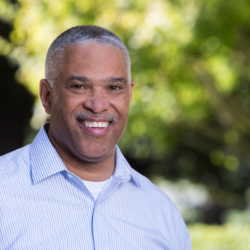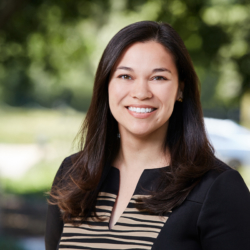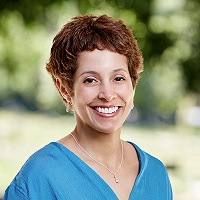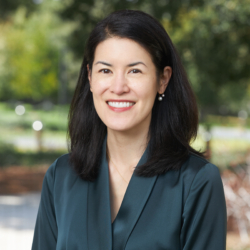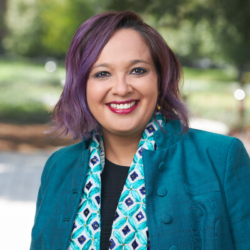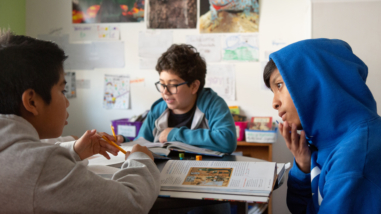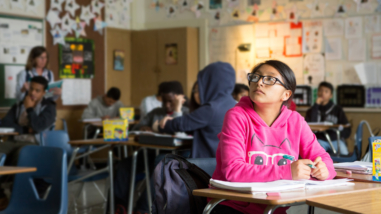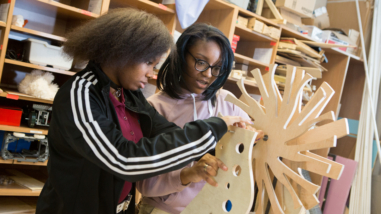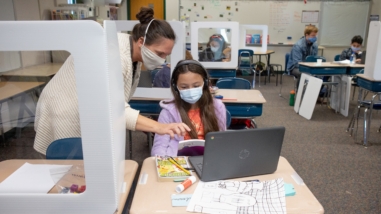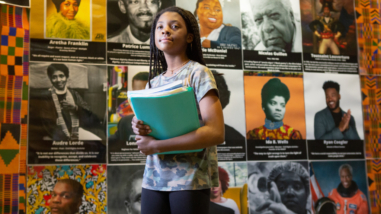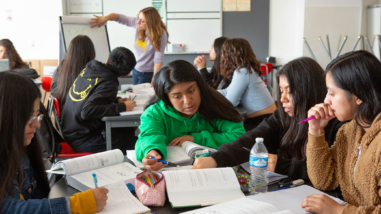Open Education
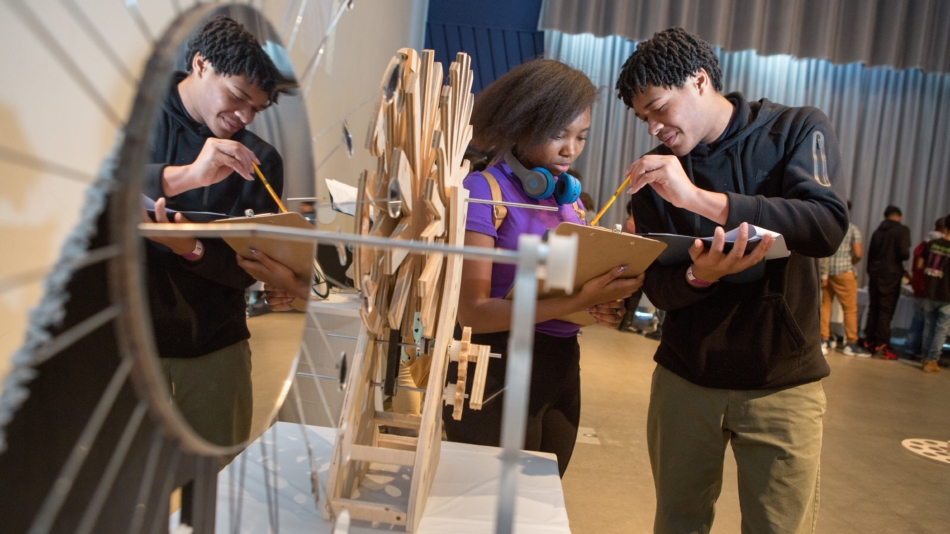
Since its support for open educational resources (OER) began in 2002, our foundation’s goal has always been to equalize access to knowledge by making high quality educational materials and opportunities more broadly available. OER – freely licensed, remixable learning resources – offer a promising solution to the perennial challenge of delivering high levels of student learning at lower cost. But OER offer much more than just cost savings. We believe that well-designed, customizable, openly licensed materials can engage students and energize educators in ways that enable more responsive teaching and better learning.
Nearly two decades of patient work have clearly demonstrated OER’s role in democratizing knowledge and empowering learners around the world. We have worked diligently in that time to address pressing problems in education and have successfully shown that OER can break into the mainstream. Openly licensed materials have never been more widely used than they are today — from community libraries in Ethiopia to middle schools in Detroit and universities around the world. But the field is at a turning point.
We know OER works in mainstream education, and now we need to show how OER can change education for the better. For example, in higher education, cost savings are a compelling reason to adopt OER, but continued growth depends on demonstrating benefits for learning. At the K-12 level, standards-aligned materials are necessary, but are not enough to improve student outcomes without corresponding support for educators. In all cases, institutional capacity and a focus on equity are key ingredients to enable and sustain open education.
The overarching goal of our Open Education strategy is to strengthen every student’s learning experiences by the effective use of open educational resources and practices. To do that, we prioritize developing effective pedagogy and practice along with content, building capacity for education systems to implement OER, and supporting a field that is responsive to diverse educators and learners.
To make these strategic priorities concrete, we focus on three different sets of partners who can benefit from our work in open education. The first two below together account for approximately 75% of our grant dollars.
1. Educators and students: We need to make sure that teachers understand how to take advantage of the flexibility of openly licensed resources and are equipped with the knowledge and tools to customize materials for different students.
2. Education systems: Implementing and sustaining OER depends on policy decisions surrounding several issues, including the adoption and procurement of materials, incentives for educators to use and share materials, and teachers’ access to appropriate professional learning opportunities. Collaborating on these issues with systems leaders is essential to our ability to implement OER within and across schools.
3. OER field: Mindful that momentum in the field is global in nature, we need to nurture a diverse and inclusive ecosystem that shares open content, practices, and resources. Our field-building efforts include lines of work focused on increasing grantee collaboration; promoting diversity, equity, and inclusion; building research capacity; and attracting new funding for open education.
